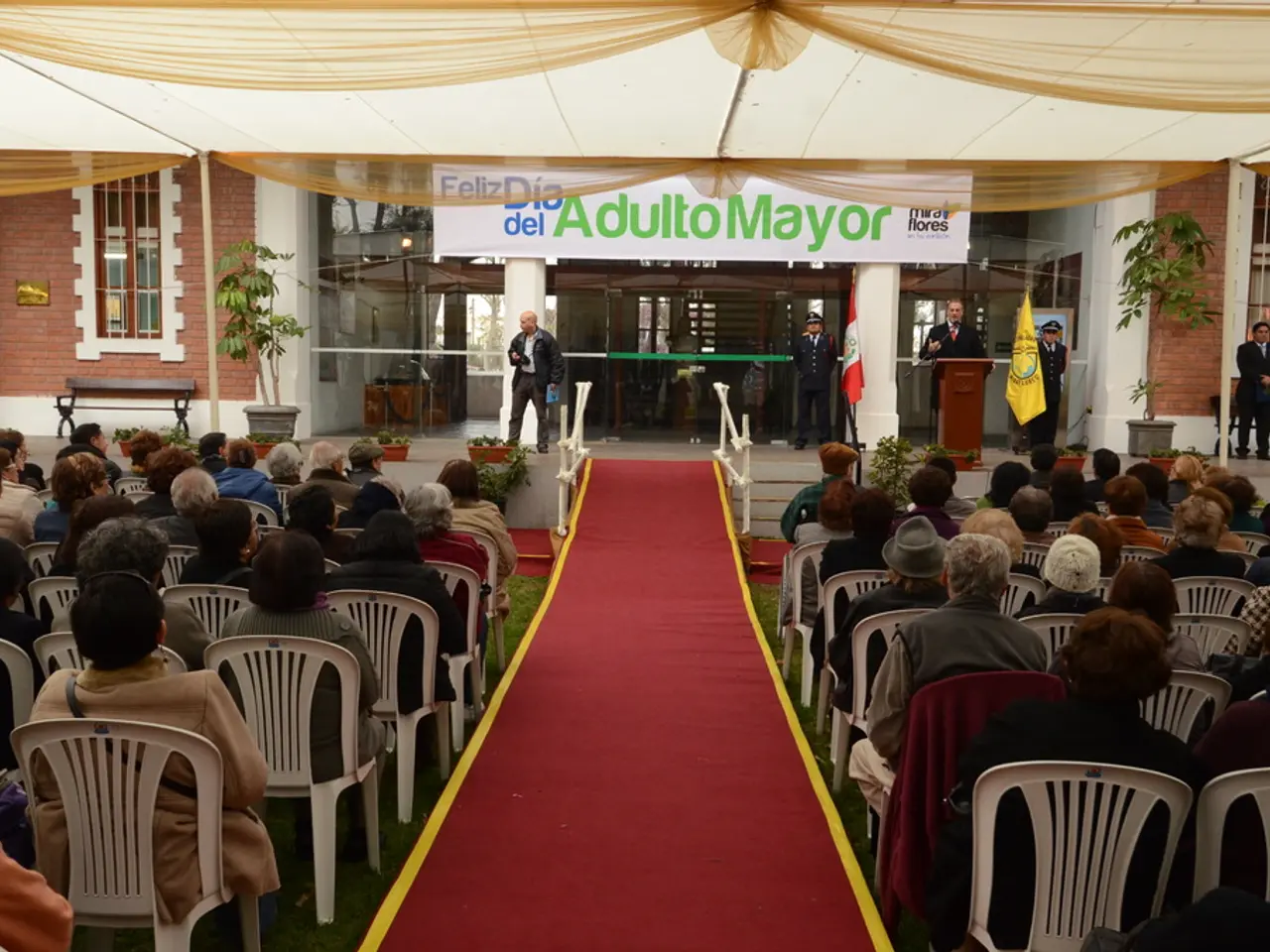Reducing electricity tax for all citizens to ensure equal treatment proposed by Woidke.
Brandenburg's Minister President, Dietmar Woidke (SPD), has urged the federal government to swiftly implement a reduction in electricity tax for all electricity customers. The call comes as a response to rising energy costs affecting households and various sectors of the economy.
Woidke advocates for a broad and inclusive cut to the electricity tax, extending relief beyond just large manufacturers and agricultural businesses. He argues that the reduction is a matter of fairness, ensuring that the financial burden of high energy costs is not disproportionately shouldered by consumers.
However, the federal government, led by Chancellor Friedrich Merz (CDU) and the ruling coalition of CDU/CSU and SPD, has taken a more cautious approach. While the government has pledged in its blueprint to reduce the electricity levy for all consumers to the European minimum, the 2025 draft budget only includes reductions for larger manufacturers, farmers, and the forestry sector.
The coalition states it is already taking significant steps to reduce energy costs but insists further relief measures will follow only when financially feasible. The federal Ministry of Finance estimates that a reduction in the electricity tax for all would cost an additional 5.4 billion euros next year, a figure that the government has not yet committed to funding amid other spending priorities such as infrastructure and defense.
Several CDU state governments, including Berlin's governing mayor Kai Wegner, are critical of the decision and demand a correction. The coalition agreement, in which the CDU, CSU, and SPD had agreed to reduce the electricity tax for all to the European minimum level, only if enough money was available, has sparked much criticism.
Woidke's call for a reduction in electricity tax for all electricity customers echoes his concerns about the impact of energy costs on consumers and the broader economy. The debate underscores the government's balancing act between supporting economic growth and managing fiscal constraints. The outcome of this debate will likely shape the energy landscape and financial burden for many households and businesses in the coming years.
[1] Source: Federal Ministry of Finance estimates [2] Source: Coalition agreement between CDU, CSU, and SPD
Policy and legislation discussions continue amid the call for a reduction in electricity tax for all electricity customers, led by Brandenburg's Minister President, Dietmar Woidke. The general news surrounding this issue highlights a need for fairness in distributing the financial burden of high energy costs, as the federal government's current plan only includes relief for larger manufacturers, farmers, and certain sectors (Politics).
However, the federal government's cautious approach to the tax reduction, as outlined in the 2025 draft budget and the coalition agreement, has sparked criticism from several state governments and governing entities (Policy and Legislation). The debate emphasizes the government's role in balancing fiscal constraints with economic growth, potentially shaping the energy landscape and financial burden for households and businesses over the next few years (General News).







